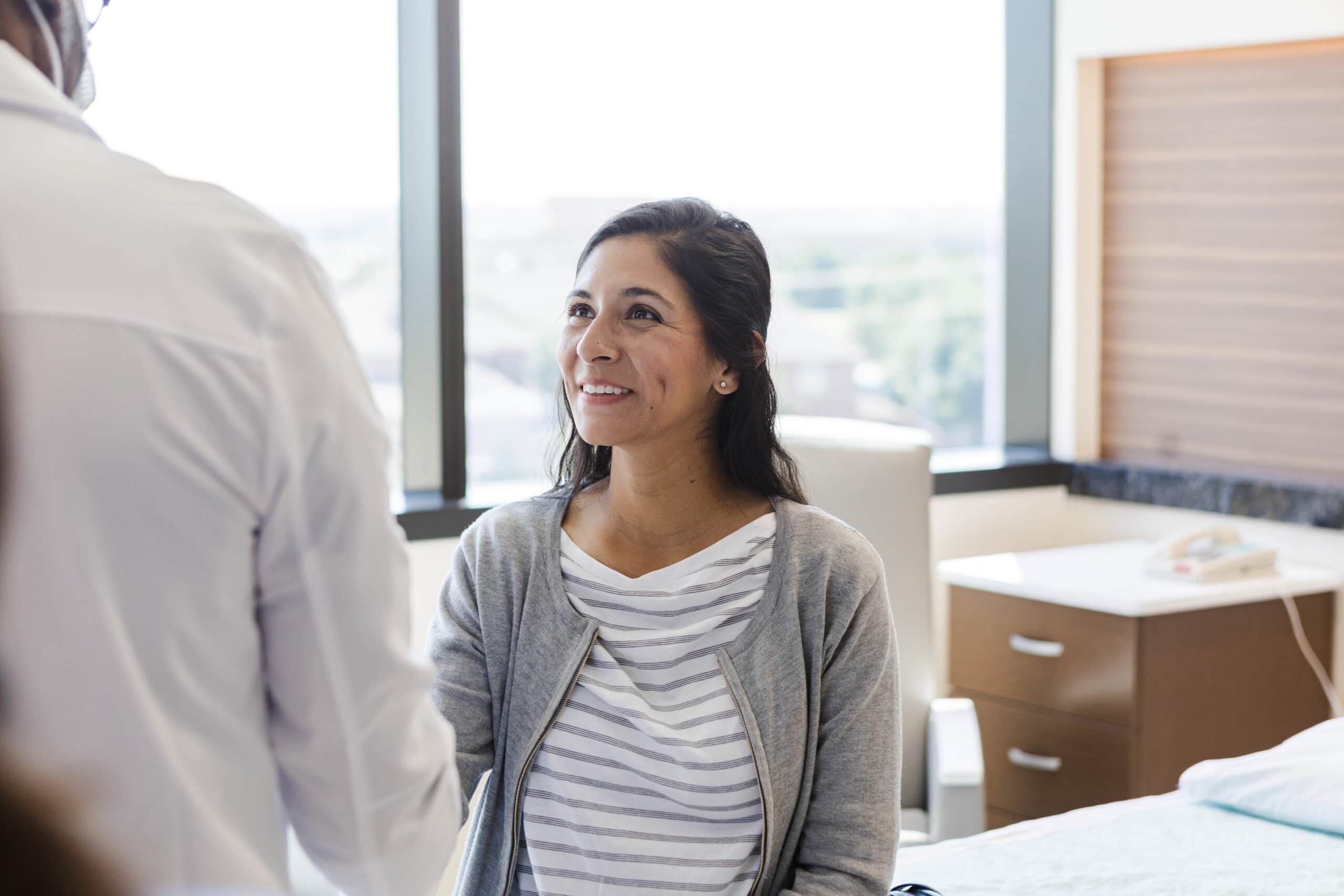At a Glance
Q: What are the most common signs of heart disease in women?
A: Heart disease in women can cause chest pain, shortness of breath, fatigue, or unusual discomfort. The article explains how these symptoms may differ from men’s and why quick action matters.
- Heart disease affects many women over 50
- Symptoms may be subtle or non‑classic
- Healthy lifestyle choices reduce risk
Many people think of heart disease as a men’s health issue. However, heart disease is just as much of a health issue for women. Dr. Jordan Bohinc, cardiologist with Kettering Physician Network Heart & Vascular, explains, “Cardiovascular disease affects every one in two men and every one in three women over the age of 50. Compare this to the one in eight women who will develop breast cancer, and you’ll quickly realize that we need to be very cognizant and diligent of raising awareness of cardiovascular disease in women.”
The most common heart disease symptoms
“By and large,” explains Dr. Bohinc, “the most common symptom of heart disease is chest pain—in both men and women.” But, in women, this chest pain is often not the classic crushing sensation. Because of this, women tend to confuse or ignore this chest pain.
Cardiovascular disease can also present as fatigue, shortness of breath, or an overall lack of energy. Women also experience nausea, jaw pain, or even back pain. “Women will often attribute these symptoms to other things,” says Dr. Bohinc, “like being too busy, tired, or overworked. Because of this, women often seek medical attention late and then their outcomes can be worse because of that.”
Can you prevent heart disease?
When it comes to improving heart health, Dr. Bohinc explains that the goal is to optimize as many factors as possible. “You can’t change age or genetics,” he says, “but you can do your best to live a healthy lifestyle.”
Healthy lifestyle habits include maintaining a healthy weight, exercising regularly, controlling blood pressure and blood sugar, and refraining from smoking. Emphasize a diet rich in fruits and vegetables, beans, lean meats, and comparatively low in carbohydrates and unsaturated fats.
Take action quickly
In addition to having more subtle symptoms of heart disease, women often don’t address their symptoms as quickly as they should. “Women are good at recognizing symptoms in others,” says Dr. Bohinc, “and they need to translate that intuition to themselves.”
Dr. Bohinc shares that he has noticed an increased awareness in women when it comes to heart health. “Listen to your body and don’t ignore when something feels different,” says Dr. Bohinc. Prioritize your own health so that you can continue taking care of everyone else.










